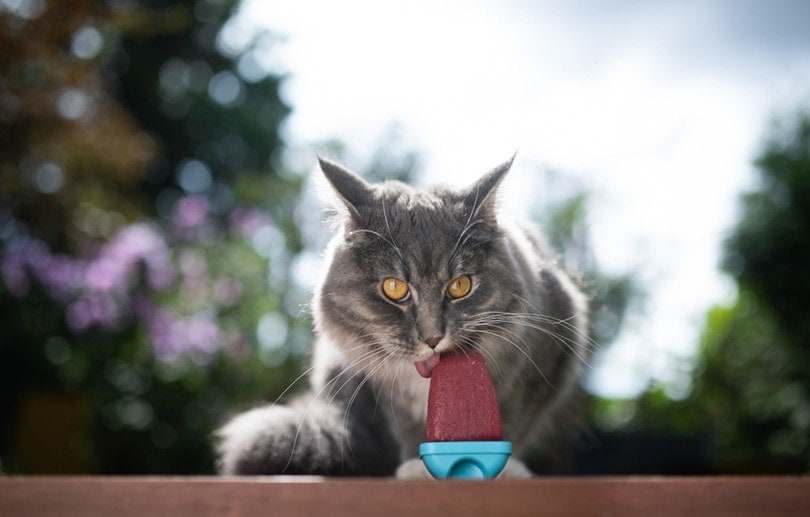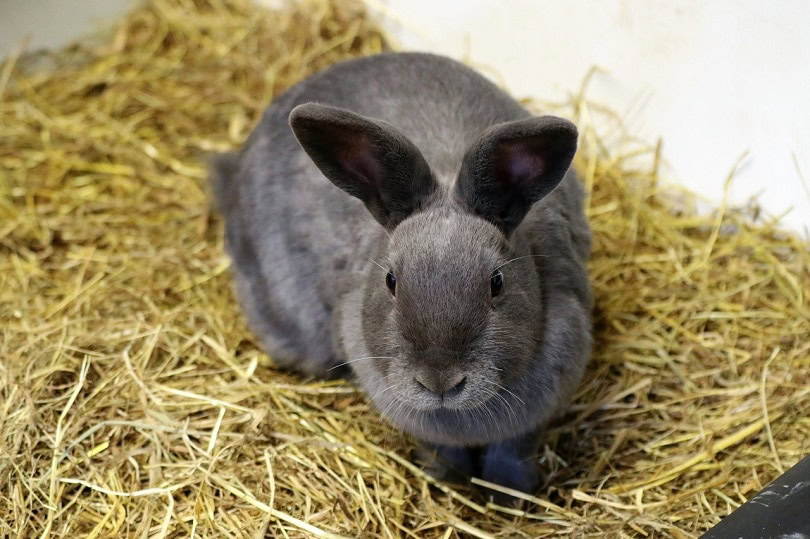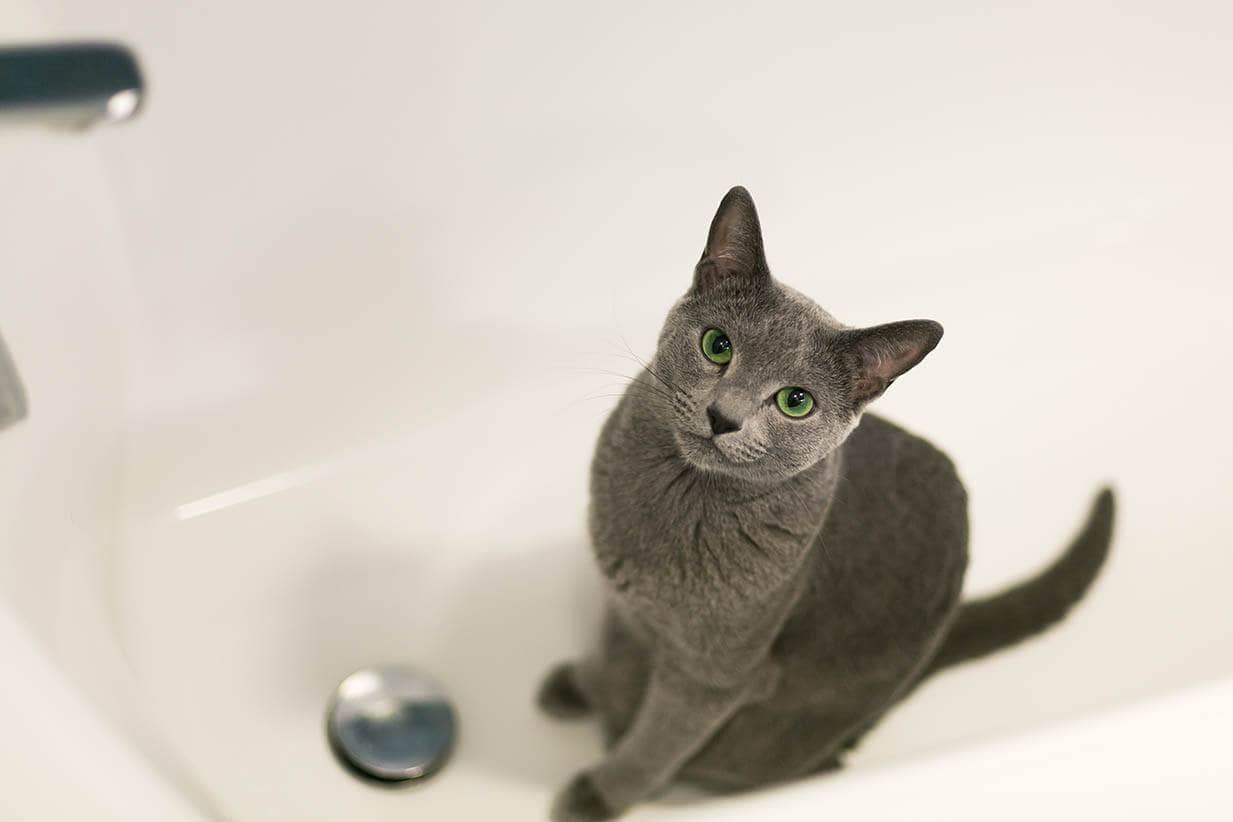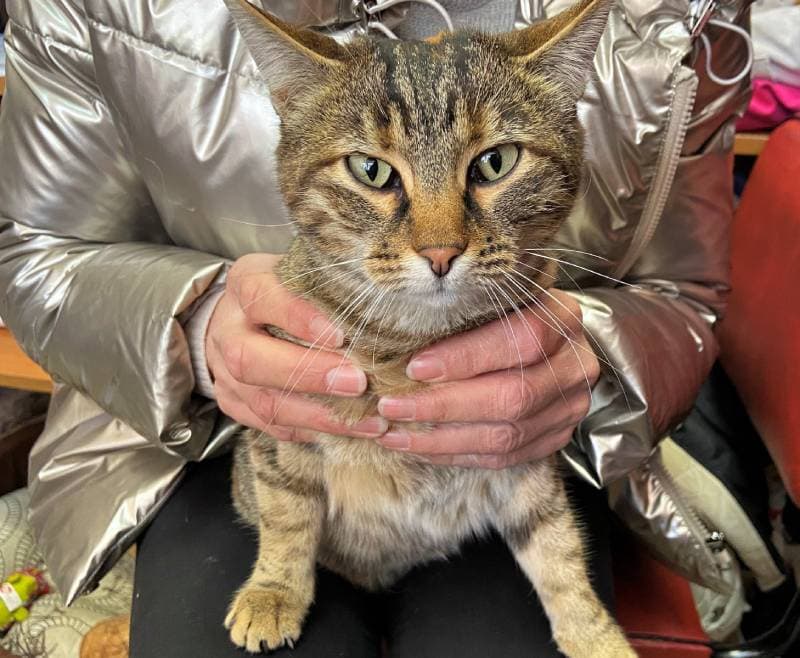VET APPROVED

The information is current and up-to-date in accordance with the latest veterinarian research.
Learn more »Click to Skip Ahead
All humans have likely heard about or experienced brain freeze at some point in their lives, but what exactly is brain freeze? By definition, it is the intense pain or headache that a human gets as a result from eating or drinking something that is too cold. The scientific term for it is cold neuralgia or sphenopalatine ganglioneuralgia.
You may wonder if it can also happen to your feline pal. You can find plenty of videos on YouTube with cats reacting to their first taste of ice cream, but is that actually brain freeze? While it can’t be proven that cats can get brain freeze, we think it’s highly possible. Luckily, brain freeze is an intense pain that isn’t dangerous and usually goes away within a few seconds to a minute. If you want to know more about this strange occurrence, keep reading.

What Are the Possible Causes of Brain Freeze in Cats?
If you give your cat something cold or a frozen treat, it is highly possible that you will trigger a brain freeze and they will feel an intense pain in the front of their head or face. There are other reasons a cat can experience pain in their face or mouth. Dental disease is very common in cats, approximately 50–90% of cats over 4 years of age suffer from dental disease, and it can manifest as facial or oral pain.
A similar reaction to brain freeze can result from a cat reacting to an infected tooth or gums. If you think your cat is suffering from a dental issue, it’s best to contact your vet immediately for an appointment for diagnosis and treatment options.
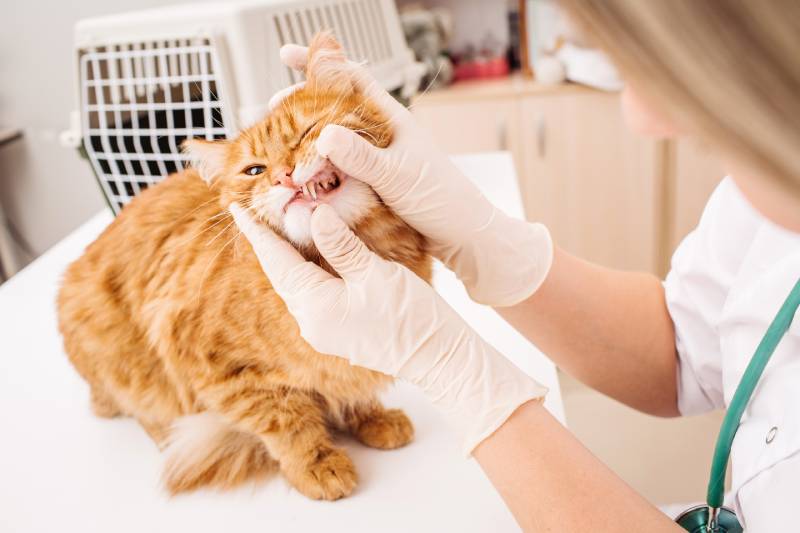
Can Brain Freeze Hurt Your Cat?
Brain freeze isn’t dangerous to humans, so we assume it isn’t dangerous to cats. However, like pet parents getting cold-induced headaches, it probably makes your feline uncomfortable for a few minutes. If your cat experiences brain freeze too many times, they might associate the pain with eating certain foods and refuse to eat them next time.
It’s important to note that ice cream isn’t the right treat to give a cat, and it can cause them to have digestive issues or an upset stomach, which no pet parent wants their feline to experience. Also, if your cat is sensitive or intolerant to dairy products, they could end up with pancreatitis if they eat ice cream or other dairy too often.

Wrap Up
Brain freeze is described as a brief but intense pain in the front part of the head that humans get after eating or drinking something excessively cold. It is highly likely that cats can develop brain freeze, but there is no research to confirm it. It is best that you don’t give your cat ice cream or frozen treats because they could start to associate the pain with eating. It is best to feed your kitty high-quality cat food and limit treats to 10% of their diet.
Featured Image Credit: MDV1, Shutterstock
